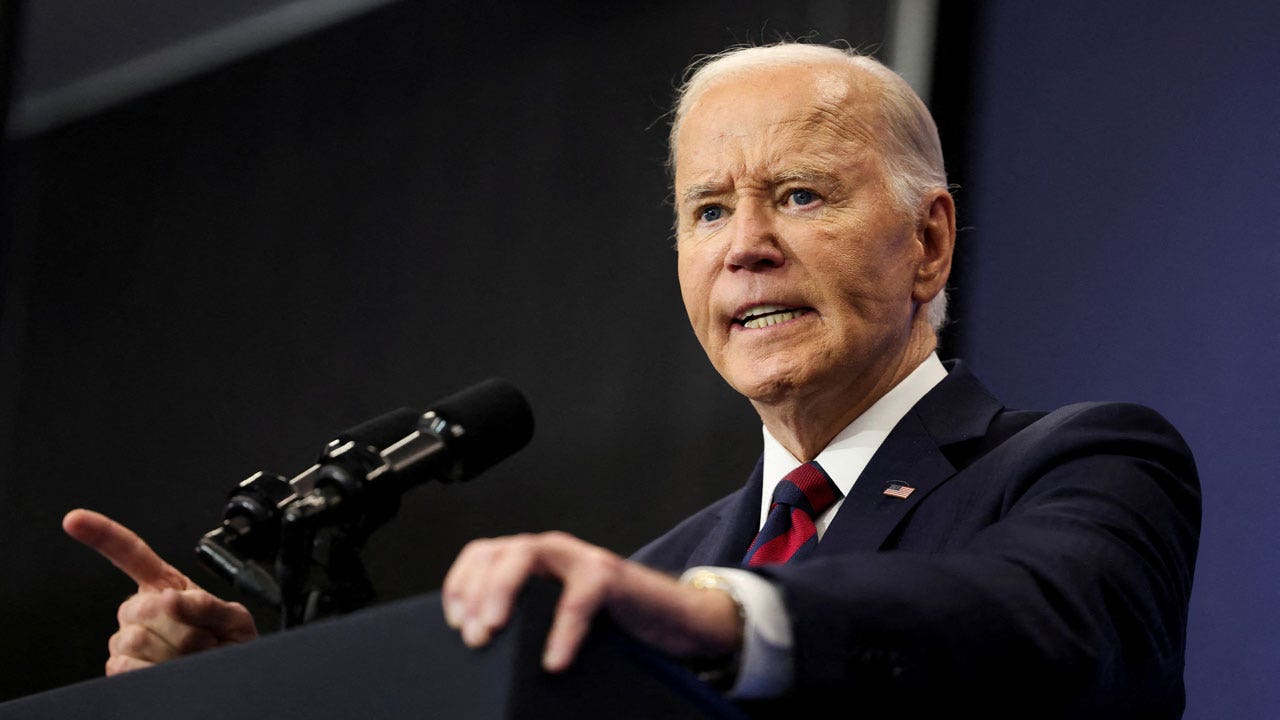The implementation of the Multi-Year Tariff Order (MYTO) framework for electricity pricing has again been delayed for the fourth minor review which occurs every six months.
Daily Trust reports that the tariff which should now be at an average of N51 per kilowatt hour (kWh) is still at N31.8 as the implementation of the reviews suffers delays.
The sector regulator – the Nigerian Electricity Regulatory Commission (NERC) – had pegged the N31/kwh in the MYTO 2015 based on some macroeconomic indices including inflation, foreign exchange rates and power generation outputs among others. The tariff was signed on December 18, 2015, and implemented on February 1, 2016.
It should have been reviewed with the outcome implemented by July 2016, with the fourth outcome to be implemented by January 2018. However, last weekend, an official of NERC explained the implementation delays which should be at an average N51 per kWh, if it had been implemented following the steep rise in macroeconomic indices.
Some officials of the electricity Distribution Companies’ (DisCos) section of the sector value chain, at a consultation by NERC in September, were concerned about their inputs submission for at least two MYTO reviews as they have not seen any result.
Market loses N460bn to tariff shortfalls
The Association of Nigerian Electricity Distributors (ANED) said in its latest report that the delays in the tariff reviews, their implementation and some other inconsistencies have caused the electricity market a shortfall of N460 billion.
It said the freeze on Residential customers 2 (R2) tariff between January and June 2015; changes to tariff assumptions and other issues caused the N460bn tariff deficit from 2015 to December 2016.
The breakdown shows that the R2 customer tariff freeze, removal of collection losses from the tariff, though reinstated later, caused N187bn shortfall.
ANED said in 2016, another N277bn deficit occurred when NERC decided to work out a 10-year tariff plan from 2015 to 2024. Another N46bn resulting from non-review of the tariff assumptions occurred in the two review periods of 2016, it noted.
With the two pending reviews for 2017, the group said, the shortfall would be far above N52bn noting that the outcome for the fourth review should be implemented on January 1, 2018, but the DisCos have not been called by NERC to submit their inputs.
The Director of Research and Advocacy for ANED, Mr Sunday Oduntan, told Daily Trust that the 11 DisCos can’t pay 100 per cent for the invoices of energy and services to the Nigeria Bulk Electricity Trading Plc (NBET) and the Market Operator (MO) due to the tariff shortfall.
Many of the DisCos often remit below 50 per cent of their invoice figures for monthly energy supplied to them by the Generation Companies (GenCos) through the Transmission Company of Nigeria (TCN). “It is difficult to pay 100% for energy when we sell the product for N31.58k but buy it as high as N68. There is no way it will work,” Oduntan said.
[Daily Trust]





















Discussion about this post